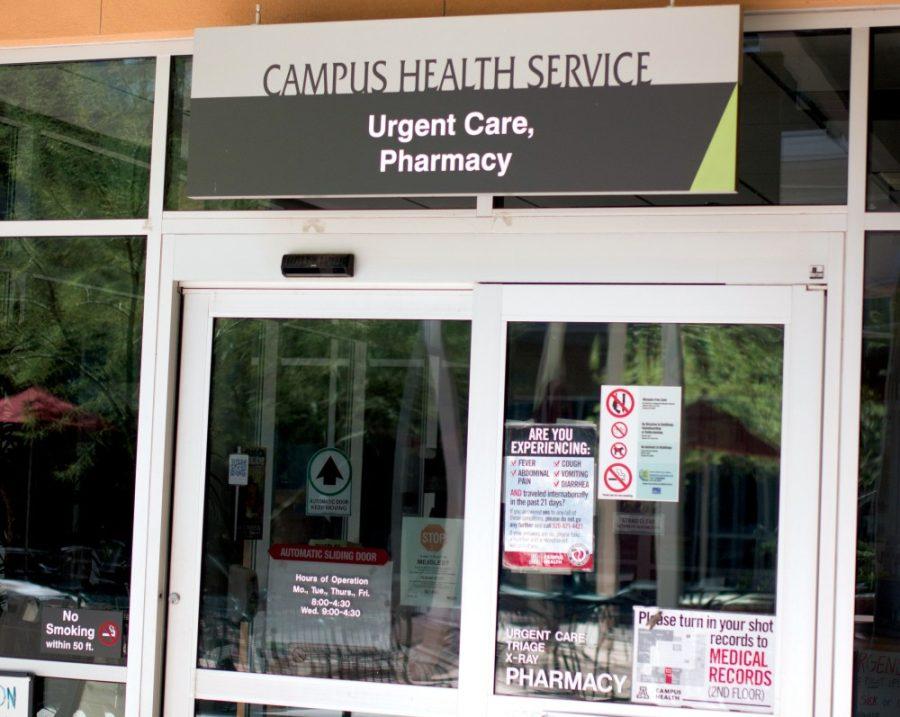As students adjust to a college environment and try to balance responsibilities like school, work, extracurricular activities and an internship or even research, their stress levels increase, which can lead to anxiety and depression.
According to The Chronicle of Higher Education, 58 percent of college campuses have seen a rise in anxiety disorders and 89 percent of campuses have seen a rise in clinical depression.
Leslie Ralph, a clinical psychologist at Counseling and Psych Services, said she agrees that these numbers have been rising for many years.
“Students are getting busier and busier and busier,” Ralph said. She said she thinks expectations and pressure to do well in and out of school are a common cause of anxiety in college students.
CAPS offers a variety of counseling and psychiatric services for students so they can be successful in the pursuit of education.
The spring 2015 CAPS Student Satisfaction Survey reported that 64 percent of the students surveyed identified anxiety as their top concern.
For any student experiencing anxiety or depression, and who wants help or information, Ralph said they can walk into the CAPS’ Triage, located on the third floor of the Campus Health Service building, between 9 a.m. and 4 p.m.
“Students will talk with somebody for around 30 minutes so CAPS can get some information, and that’s how they get scheduled to see a counselor,” Ralph said.
Ralph said some anxiety can be managed or treated, while other types of anxiety are long-standing and might even require medication.
According to The Chronicle of Higher Education, “83 percent of campuses maintain the right to refuse treatment to students whose problems are beyond the capabilities of the staff.”
Ralph said that students can either do brief therapy with CAPS counselors, or they might be referred off campus to address the issue if it’s long-standing or more serious.
According to The Chronicle of Higher Education, one-third of campuses have no psychiatrists available. At the UA, Ralph said CAPS has around 30 staff members and saw 1,985 students last fall.
According to The Chronicle, nearly one-third of campus counseling centers have waiting lists.
“We don’t officially have a waitlist, and we don’t tell students they have to wait to be seen; we will schedule them as soon as possible,” Ralph said.
With the exception of psychiatry, Ralph said, at times there is never a period when CAPS isn’t taking on and receiving more students.
“That being said, as we head into a new semester, it can be three weeks or so before a student can be seen at the Triage, and with psychiatry it can be as long as two months,” Ralph said.
While CAPS has improved, Ralph said she definitely thinks it can improve even more, which is why the center is trying to work on outreach by having more groups and enhancing its online presence by providing online videos to reach more students.
“One area that we’ve been having trouble is with getting students to come to our program,” Ralph said. “I think it’s a matter of us better understanding what the students want in their own language. Getting them to show up and reducing the stigma can be challenging.”
CAPS currently partners with THINK TANK and provides a test anxiety workshop. Many colleges have also expressed interest in an anxiety presentation, Ralph said.
“You guys are like a little mini city, and many students don’t have access to getting off campus, the transportation or insurance, so having it housed on campus just makes it easily accessible,” Ralph said.
Follow Chastity Laskey on Twitter.









